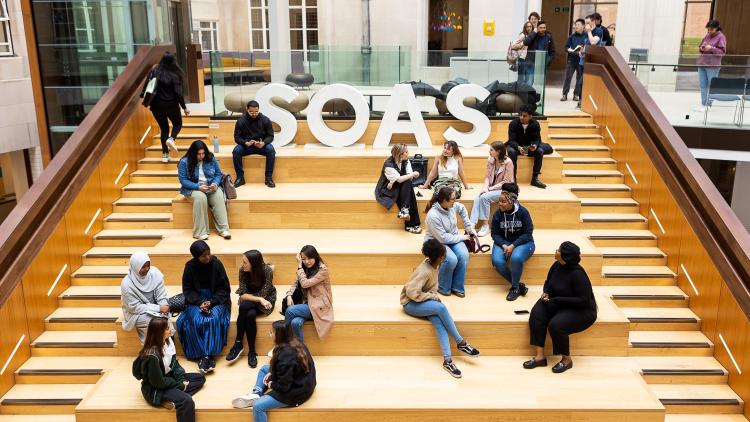Infrastructure development


Overview
Planning the new built environment: government-business cooperation models for infrastructure development in Africa.
Sustainable structural transformation calls for new patterns of production as well as consumption, as spelled out in the United Nations Sustainable Development Goal 12.
These new patterns of sustainable production involve: (a) building new and digitally enabled energy systems; (b) governing critical mineral supply chains underpinning these technologies; (3) re-organising the geography of production; and (4) rethinking living spaces, especially in fast urbanising countries.
These transformations cannot be achieved without changing the built environment, in which buildings and transports (two major contributors to CO2 emission) feature prominently. However, making buildings more energy-efficient and reducing the CO2 emission from the transport sector (e.g., developing a transport infrastructure with charging facilities for electric vehicles) require complex planning. In many developing countries, particularly those in Africa, urbanisation has been fast but unplanned and in the long run unsustainable. In some cases, they are becoming a liability which could prevent a green transition in the future. This is because fast and unregulated urbanisation ‘lock’ construction investments within traditional mobility and energy infrastructures. In turn, these infrastructures prevent more sustainable solutions from materialising in the future.
This research stream focuses on both the demand opportunities, which a new built environment offer for sustainable industrialisation, and on the forms of sustainable spatial planning that are fit for African countries. A key focus of this research stream is the analysis of how government and private sector can cooperate with each other in building the infrastructure for sustainable energy system and mobility system.
African economies are still highly informal and are undergoing fast urbanisation and demographic transition without a significant structural transformation of the productive economy. Coordinating the process of structural transformation in the productive economy with the development of the built environment is a major challenge that requires government-business dialogue aimed at generating long-term, coordinated investments.
Picture by CHUTTERSNAP via Unsplash.





